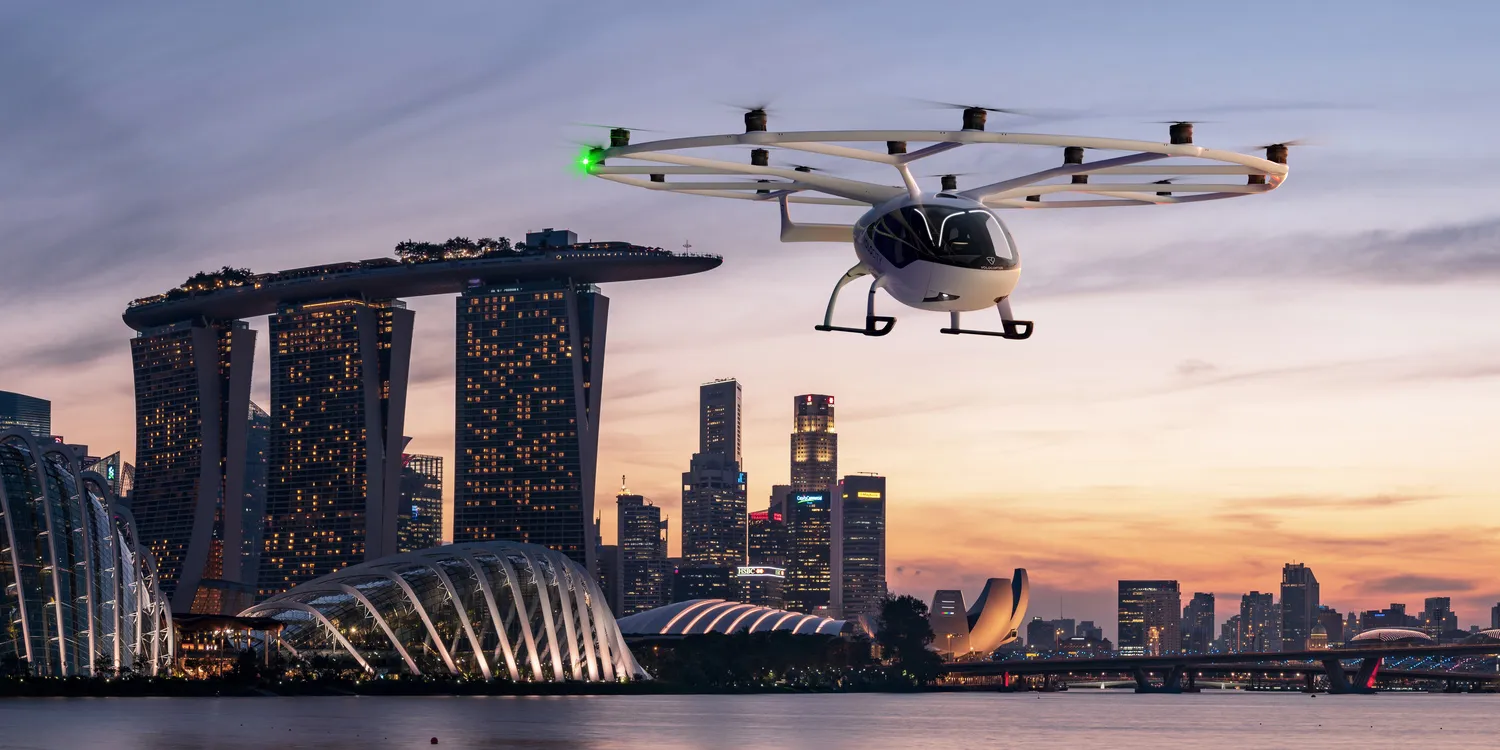Airbus’ on-demand helicopter Voom and Audi vehicles will provide São Paulo and Mexico City with an end-to-end transportation service for air and ground this summer. The companies say they intend to offer users a seamless and convenient travel experience.
Voom has already been trialled in São Paulo as part of a strategy to help ease congestion by making helicopter travel more accessible and affordable. The service also became available in Mexico City from March 2018. CityAirbus, an electric vertical take
May 1, 2018
Read time: 2 mins
Airbus’ on-demand helicopter Voom and Audi vehicles will provide São Paulo and Mexico City with an end-to-end transportation service for air and ground this summer. The companies say they intend to offer users a seamless and convenient travel experience.
Voom has already been trialled in São Paulo as part of a strategy to help ease congestion by making helicopter travel more accessible and affordable. The service also became available in Mexico City from March 2018. CityAirbus, an electric vertical take-off and landing vehicle, is scheduled to be operational before the end of the year.
Tom Enders, Airbus CEO, said: “The world is rapidly urbanising, and ground infrastructure alone cannot meet the demands of tomorrow. Increased congestion is pushing the cities’ transport systems to the limits, costing travellers and municipalities valuable time and money. Adding the sky as a third dimension to the urban transport networks is going to revolutionise the way we live.”









